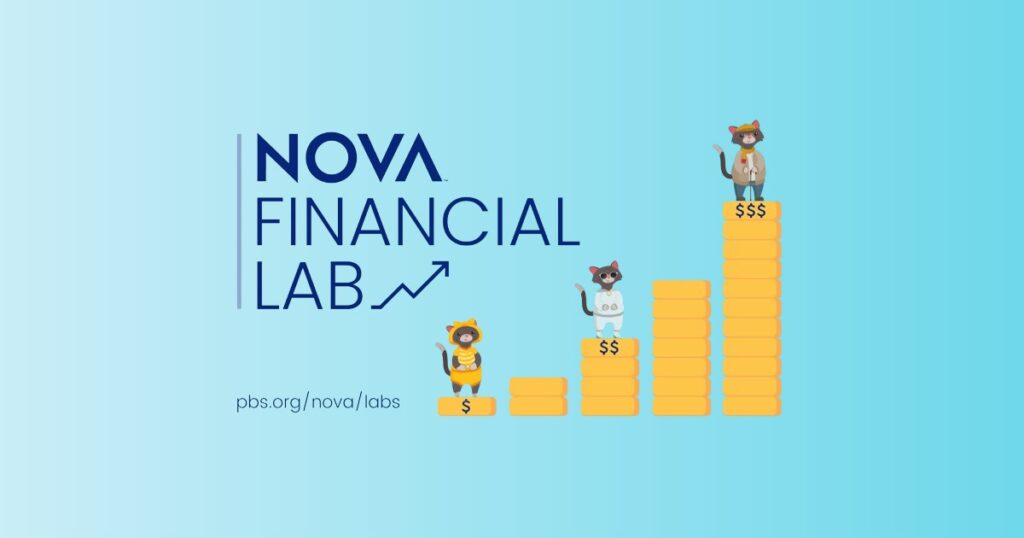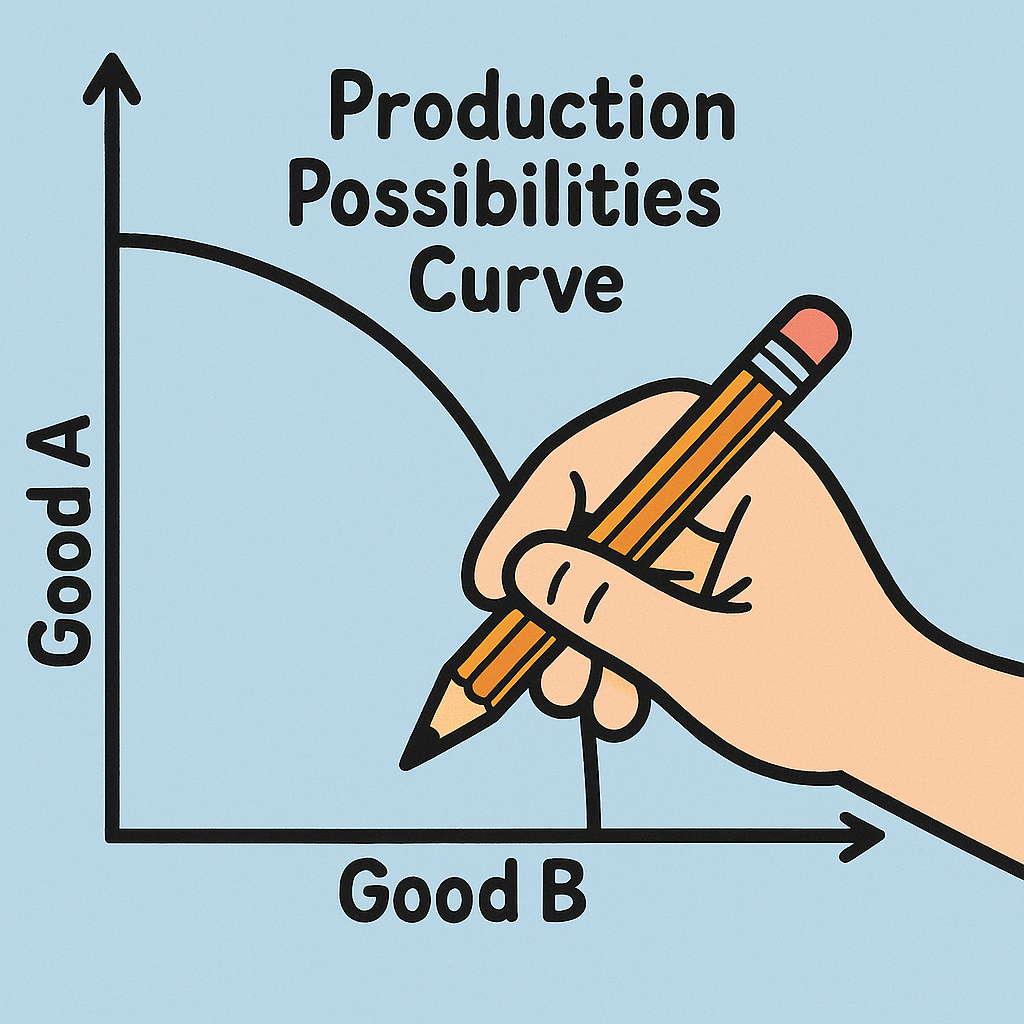
Grades 6-8

Don't have an account yet? Sign up for free
Don't have an account yet? Sign up for free
Content Partner
Students will be able to:

Managing money is hard! Even when you know what you should do, it can be hard to actually do it. In these games from the PBS science series NOVA, students practice strategies for making financial decisions by taking care of a pet while learning how to overcome common behavioral biases.
Players begin by watching an introductory video in which financial educator Yanely Espinal explores what we mean by financial wellness. Pausing along the way to ask players to reflect on their own experiences with money, she then explains why it can be so hard to follow up on our intentions when we’re faced with financial decisions – because common behavioral biases tend to crop up when we think about money, whether we do it quickly and act on autopilot or deliberate more slowly over our choices.
Now players are ready to play the three mini-games we’ve designed to help them identify some key biases and practice strategies for overcoming them.

Grades 6-8

Grades 9-12

Grades 9-12

Grades K-2, 3-5
